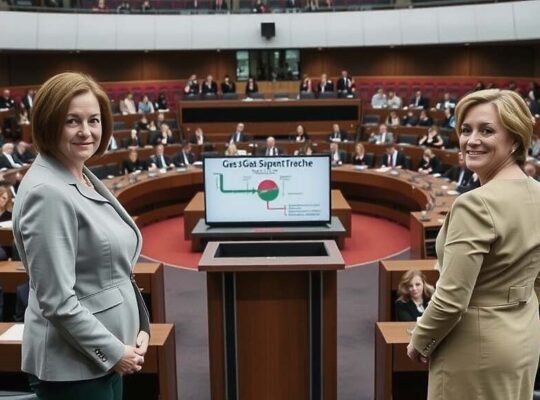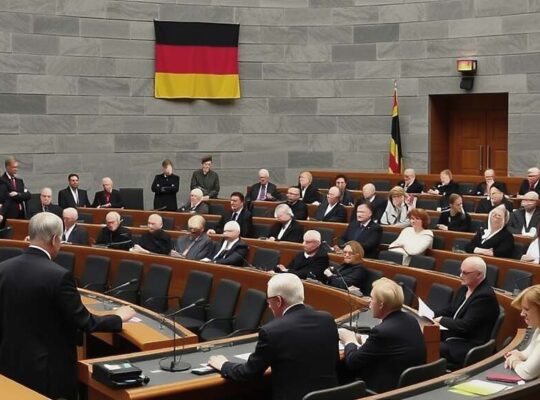The German statutory health insurance (GKV) association is expressing significant reservations regarding the proposed introduction of a patient co-payment, or “practice fee” sparking renewed debate about the long-term sustainability of Germany’s healthcare system. Oliver Blatt, Chairman of the GKV Spitzenverband, cautioned against further financial burdens on patients, arguing that the current system, which disburses over €1 billion daily, should suffice without the imposition of additional levies.
Blatt’s comments, published in the Rheinische Post, effectively push the proposal for a patient co-payment to the bottom of the agenda. He emphasized that fundamental structural reforms should take precedence over measures that might exacerbate inequalities in access to care. These essential reforms, he stated, should focus on streamlining the delivery of specialized hospital treatments and aggressively curbing the escalating costs of innovative pharmaceuticals.
The debate highlights a growing tension within Germany’s healthcare landscape. While proponents of the practice fee suggest it could alleviate pressure on the system by discouraging unnecessary appointments, critics warn of a two-tiered system where individuals with lower incomes face disproportionate barriers to essential medical services. The GKV’s position underscores a concern that introducing co-payments would merely be a cosmetic fix, failing to address the deeper, systemic issues driving rising healthcare expenditures.
Political analysts suggest Blatt’s intervention is strategically aimed at shaping the discourse surrounding healthcare reform, implicitly urging policymakers to prioritize comprehensive modernization rather than resorting to measures that primarily impact patient wallets. The long-term implications of this stance remain to be seen, but it undoubtedly injects a critical perspective into a complex and politically sensitive discussion.












